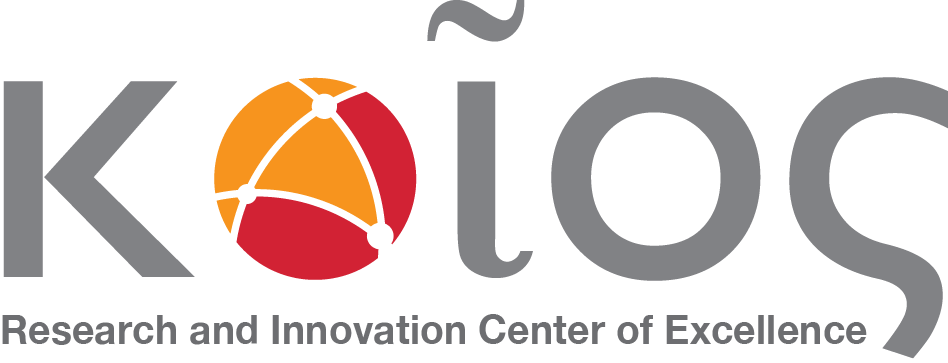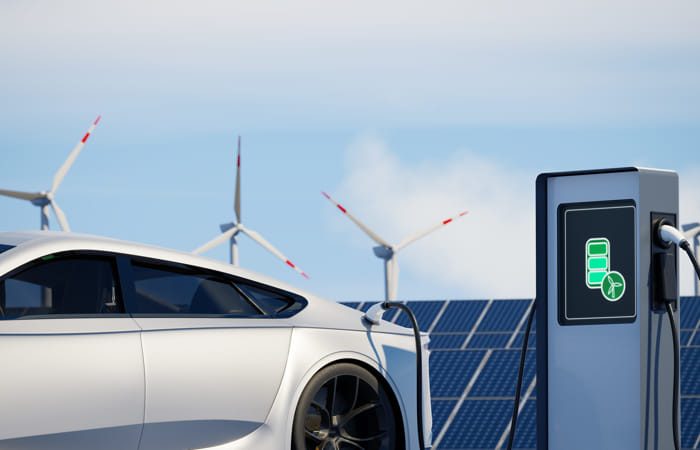The ePowerMove project aims to develop solutions to accelerate the Electric Vehicles (EV) transition with affordable, user-centric, and scalable slow-charging solutions seamlessly integrated with the grid.
Electric car markets have grown exponentially in recent years and the trend continues to strengthen. The EU has passed legislation to match its electrification ambitions, and more research and development projects are being funded to develop affordable user-centric and grid-friendly EV management concepts.
Towards this end, the ePowerMove will develop a global energy-usage optimiser which brings together advanced technologies from charging infrastructure design and grid energy control, with a number of innovative and complementary elements to maximise the potential utilisation of individual innovations. The proposed charging solutions are cost-effective, bi-directional and interoperable, while also being minimally inclusive. They are intelligently synergized with the grid to enhance the overall efficiency and capacity of distribution network, maximize the utilization of green and affordable energy, and avoid grid congestion. ePowerMove’s overall goal is to reduce costs and increase energy efficiency of future charging infrastructure, while increasing user acceptability and accessibility.
These solutions will be demonstrated in Helsinki (Finland) with focus on charging infrastructure cost reduction and people-friendly applications, in Klagenfurt (Austria) with focus on business model development, and in Nicosia (Cyprus) with focus on grid compatibility and energy flow optimisation.
The consortium involves a joint collaboration with multi-disciplinary and complementary experts arriving from 17 partners distributed over 6 European countries (Austria, Belgium, Cyprus, Finland, Slovenia, and the UK). Specifically, the consortium consists of small and medium enterprises, public authority representatives, energy and DSO entities, research centers and higher education institutions as well as advocacy and networking organizations. The project is coordinated by ERTICO-ITS.

This project has received funding from the European Union’s Horizon Europe research and innovation programme under grant agreement 101192753.
Views and opinions expressed are however those of the author(s) only and do not necessarily reflect those of the European Union. Neither the European Union nor the granting authority can be held responsible for them.
Project’s website: https://www.epowermove.eu/

